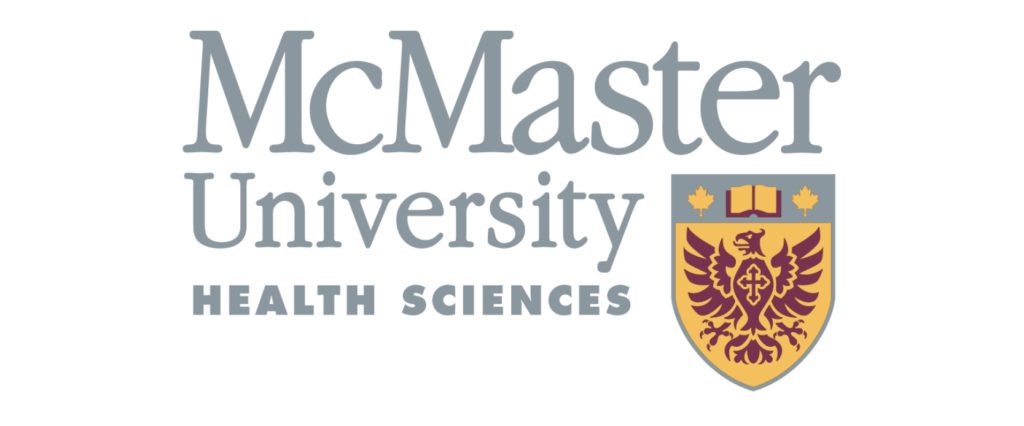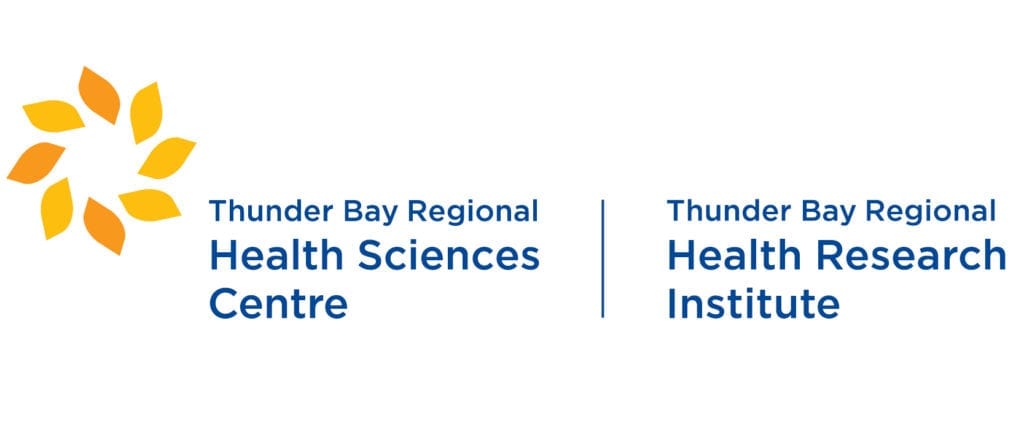The Opioid Crisis: How Can Research Inform Solutions? Series 2

Wednesday, April 10, 2019 from 3:30 p.m. – 6:30 p.m.
Room 306, The Valour Building
151 Sparks Street, Ottawa
This event is by Invitation only.
The Opioid Crisis: How Can Research Inform Solutions?
More than 11 Canadians are dying every day on average because of opioids, according to new data from the federal government. Canada is the world’s second highest per-capita consumer of opioids, after the United States, which has led to widespread misuse, dependence and addiction. Western provinces have been hardest hit, but experts note that other provinces are catching up.
Much more needs to be done. Many provinces are making the medication naloxone, which can reduce the effects of an opioid overdose, more widely available. But plenty of other things could help. It may be that what is needed is a fundamental change in perceptions about the crisis. Poverty and homelessness are among the chief causes of the opioid crisis, and many Canadians simply do not see its effects.
In many parts of the country, patients who use opioids cannot get treatment or counselling, even though they often have anxiety disorders, depression or other mental-health issues, because those services are in short supply. New national opioid-prescribing guidelines are also causing some doctors to rapidly reduce their patients’ doses, which may send them to the black market, which is a failure of the healthcare system.
In this second in a series of Parliamentary Health Research Caucus events on the opioid crisis in Canada, Research Canada will delve into the deeper reasons for the crisis by focusing on five major themes and propose integrated solutions that research can provide.
Co-hosted by:
HealthCareCAN is the national voice of healthcare organizations and academic research hospitals across Canada. We support and promote our members’ interests through advocacy, leadership development, research and policy in order to foster a world-leading health system.
Keynote Speaker
 Hance Clarke, MD, PhD, FRCPC
Hance Clarke, MD, PhD, FRCPC
Director of Pain Services and Clinical Researcher, Toronto General Hospital Research Institute at UHN
Featured Researchers
Theme 1: Harm Reduction to Fight the Opioid Epidemic
A newer idea to fight this crisis is the use of harm reduction centers, like syringe exchange programs and supervised injection sites, which have shown impressive success rates. Harm reduction is gaining the respect it deserves because studies find that drug users who participate in needle exchange programs are five times more likely to attend an addiction treatment program compared to those who do not and these programs open the door to recovery for many people struggling with addiction.
 Graciela Piñeyro, MD, PhD
Graciela Piñeyro, MD, PhD
Senior Scientist, Ste-Justine Hospital, Professor, University of Montreal
Dr. Graciela Piñeyro is Senior Scientist at Ste-Justine Hospital and Professor at University of Montreal. She is interested in developing safer opioid analgesics and characterizing biological potency of Cannabis extracts. With support from Canada Institutes of Health Research, she developed drug-screening tools and analytical methods to predict opioid respiratory depression early in the drug discover process. She is now applying these methods to assess risk of harmful cognitive effects of cannabinoids in the young.
 Mark Tyndall, MD, ScD, FRCPC
Mark Tyndall, MD, ScD, FRCPC
Lead of Research and Evaluation, BC Centre for Disease Control (PHSA)
Professor, University of British Columbia School of Population and Public Health
Dr. Mark Tyndall is a Professor of Medicine at the UBC School of Population and Public Health. He has held a number of leadership positions in public health including the Executive Director of the BC Centre for Disease Control (2014-2018) and the Head of the Infectious Diseases Division at the University of Ottawa (2010-2014). He is recognized nationally and internationally as a leader in HIV prevention and care among people who use drugs and was the co-lead researcher in the evaluation of InSite. He is an author on over 250 peer reviewed publications.
Theme 2: A Bridge to Nowhere: Challenging Transitions of Care for Opioid Patients
Healthcare systems must efficiently adapt in order to serve the dual objectives of reducing the risk of opioid-related adverse consequences and minimizing patient suffering. Even though patients may be experiencing withdrawal and cravings for opioids, and thus may not be receptive to assistance, hospitals are implementing a number of strategies to reach patients and provide stronger connections to the behavioural and other health services they really need.
 Klaudia Dmitrienko, MA, MHSC
Klaudia Dmitrienko, MA, MHSC
Research and Evaluation Consultant
Inner City Health and Wellness Program, Royal Alexandra Hospital (Alberta Health Services)
Ms. Klaudia Dmitrienko is a Research and Evaluation Consultant with the Inner City Health and Wellness Program at the Royal Alexandra Hospital in Edmonton. She supports a range of quality improvement, evaluation, and academic research related to addiction treatment and harm reduction in the hospital. Her work is conducted collaboratively with community members, addiction medicine specialists, and policy makers to advance care and improve health outcomes for patients with substance use disorders in Alberta.
 Aliza Weinrib, PhD
Aliza Weinrib, PhD
Clinical Psychologist, Transitional Pain Service, Department of Anesthesia and Pain Management, Toronto General Hospital (UHN)
Adjunct Professor, York University
Dr. Aliza Weinrib is the lead clinical psychologist treating pain and opioid use at Toronto General Hospital in the world-first Transitional Pain Service. She is chair of the Ontario acceptance and commitment therapy society, co-chair of the Canadian Psychological Association’s Opioid Task Force, and adjunct professor at York University. She has developed behavioral treatments for opioid use which enable recovery for patients, and a journey to regaining what is important in life.
Theme 3: Integrating Public Health and Health Care Strategies to Combat the Opioid Crisis
An integrated approach to address the opioid crisis spans public health and health care systems, and needs to engage key stakeholders, and use data and evidence to inform policies. The progress to date is promising and may assist in identifying effective strategies to decrease opioid prescribing, misuse, and overdose.
 Manon Choinière, PhD
Manon Choinière, PhD
Full Professor, Department of Anesthesiology and Pain Medicine, Université de Montréal
Clinical Scientist, Research Center of the Centre de recherché du Centre hospitalier de l’Université de Montréal
Dr. Manon Choinière is a senior pain researcher at the Research Center of the Centre hospitalier de l’Université de Montréal and a full professor at the Department of Anesthesiology and Pain Medicine at the Université de Montréal. She holds a PhD in health psychology from McGill University. She does evaluative, epidemiological, and clinical research on pain assessment and management in different types of populations of patients who suffer from acute and chronic pain.
 Anthony Levitt, MD
Anthony Levitt, MD
Professor, Department of Psychiatry, University of Toronto
Chief, Hurvitz Brain Sciences Program, and Medical Director, Family Navigation Project, Sunnybrook Health Sciences Centre
Dr. Anthony Levitt is a professor in the Department of Psychiatry at University of Toronto, and Chief, Hurvitz Brain Sciences and Medical Director of the Family Navigation Project at Sunnybrook Health Sciences Centre. His research has centered on treatment resistant mood disorders with a focus on clinical trials. His clinical work has focused on the treatment of highly treatment resistant mood and anxiety disorders, and also facilitating patient and family access to care in complex mental health and addictions systems.
Theme 4: Cannabis as a Possible Solution to the Opioid Crisis
Medicinal marijuana seems to be a very promising avenue to help slow the rate of opiate use in pain management. Marijuana has been shown to be effective in reducing both acute and chronic pain in individuals and is not associated with the serious risks for addiction and overdose that are common with the more commonly prescribed narcotics.
 Gabriella Gobbi, MD, PhD
Gabriella Gobbi, MD, PhD
Professor, Department of Psychiatry, McGill University
Psychiatrist and Scientist, McGill University Health Centre
Dr. Gabriella Gobbi is a Professor and Researcher in psychopharmacology at McGill University as well as a staff Psychiatrist at the McGill University Health Centre. Her laboratory has a translational approach, from bench to the bedside, attempting to find novel therapies for patients with mental disorders and pain. Her laboratory studies the effects of cannabis and cannabinoids in depression, anxiety and pain. She also discovered novel melatonin-derived drugs with painkilling properties, which will be tested soon in humans.
 Yang Qu, PhD
Yang Qu, PhD
Cannabis Health Research Chair
Assistant Professor, University of New Brunswick
Dr. Yang Qu was appointed as Canada’s first Cannabis Health Research Chair. He is an assistant professor at University of New Brunswick. He received his PhD in biochemistry from University of Calgary, and continued his research career on manufacturing high-value plant pharmaceuticals at Brock University prior to joining UNB. His expertise in the biosynthesis of anticancer drugs will be applied to creating new bioactive cannabis pharmaceuticals, while also improving cannabis genetics suited for industrial cultivation.
Theme 5: Mental Health Disorders and Opioid Use
People who are depressed may experience short-term relief for their depression symptoms after taking an opioid. Once the medication starts to weaken in their system, they are more likely to abuse the medication to alleviate their depression symptoms. We need treatment algorithms that provide a path to recovery for patients with mental health disorders, providing them with the skills patients need to get back to their lives.
 Colleen Dell, PhD
Colleen Dell, PhD
Professor and Centennial Enhancement Chair in One Health & Wellness, University of Saskatchewan
Senior Associate, Canadian Centre on Substance Use and Addiction
Dr. Colleen Dell is a professor and Centennial Enhancement Chair in One Health and Wellness at the University of Saskatchewan. Her work is grounded in an empowering community-based approach and focuses on healing from addictions and mental wellness. Her team is uncovering empirical support for the effectiveness of animal assisted interventions, including for veterans and prisoners with an opioid addiction. In 2017, Dr. Dell was named to the order of St. John in recognition of this work.
 Zul Merali, PhD
Zul Merali, PhD
President & CEO, The Royal’s Institute of Mental Health Research, affiliated with the University of Ottawa
Dr. Zul Merali is President & CEO of The Royal’s Institute of Mental Health Research, affiliated with the University of Ottawa. He is also the Founding Scientific Director of the Canadian Depression Research and Intervention Network, a full professor in the faculties of Medicine and Social Sciences at the University of Ottawa, and a research professor at Carleton University.
His research focus is in the area of stress, from the cellular and molecular levels, to the behavioural and clinical levels.
MADE POSSIBLE WITH SUPPORT FROM:












